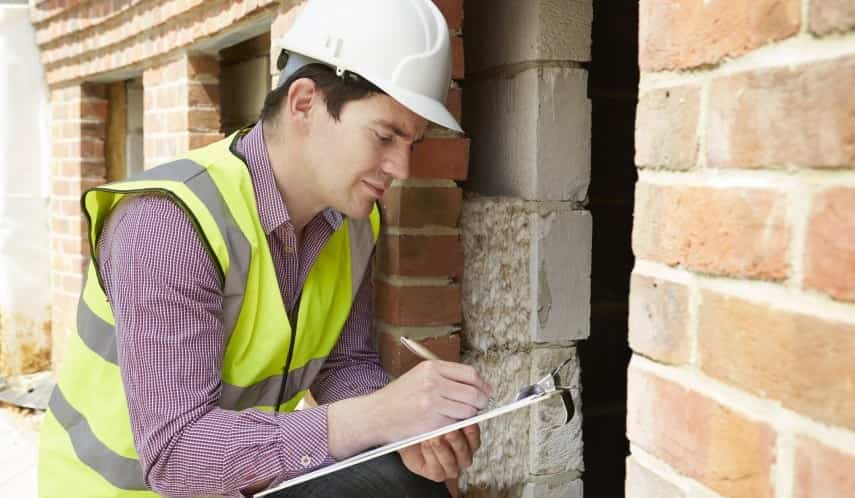Investing in real estate is a major undertaking that requires careful thought and consideration. A homeowner must think about some factors, such as place of employment or business, availability of schools, supermarkets and malls, public transport systems, nearby hospitals, and other facilities.
Are you moving to Colorado Springs? What should potential homeowners consider when purchasing a house in Colorado? 2010 saw the movement of people to Colorado in search of employment and other reasons. Therefore, the population of Colorado has grown by 15%, placing its population at approximately 5.7 million.
Some cities are more populous than others. A densely populated city means that the availability of housing will also be low, the demand high, and thus the cost of purchasing property high.
Also Read: 8 Common Hassles of Selling a House
House Location within Colorado

Colorado captures a vast territory of over 19 counties that offer different housing mortgage rates. For ease of comparison, let us take the cost of living and housing prices in Denver and Colorado Springs.
For instance, owning a house and living in Denver is more expensive than in Colorado Springs. However, employment opportunities in Denver are higher than job prospects in Colorado Springs. Many gases and oil businesses are in Denver, while Colorado Springs is the center of aerospace companies. These businesses attract individuals interested in the stated industries.
A person’s employment and career can affect their choice of location for buying a house. Therefore, several factors influence a homeowner’s decision when selecting their home location.
Colorado Property Taxes

As a homeowner, once you purchase your property, you would wish to pay less in property taxes. Colorado offers affordable property taxes of approximately 0.49% of the home value, way below the national rate of 1.07%. Analysts state that this residential property tax rate is one of the lowest in the USA.
Prepare Your Finances

First-time homeowners in Colorado usually offer a 20% down payment. The 20% down payment helps home purchasers from having to get private mortgage insurance that protects the lender. The average cost of housing in Denver is approximately USD 650,000, while the price in Colorado Springs is USD 489,000. Therefore, the 20% down payment is $130,000 in Denver and $97,800 in Colorado Springs.
What about if a potential homeowner cannot make the 20% down payment? Through a home equity credit, there is the option of making a 3% to 3.5% down payment. Thus, the down payment will cost less than USD 23,000 in Denver and Colorado Springs.
Also Read: Your Guide to Investment Property Financing
Consult with a Local Licensed Real Estate Agent

Because of the area size of Colorado, the aid of a professional and experienced real estate agent is invaluable to potential homeowners. Through their networks, they can get information about houses that don’t appear on real estate listings.
A realtor will assist a homeowner to negotiate for better purchase offers, identify housing damages not noted on the ‘Property Disclosure Statement,’ and how best to handle any repairs if a homeowner purchases the property. In Colorado, a realtor cannot be a dual agent. Therefore, they serve the needs of their clients.
Have a Certified Home Inspector

Some homes in Colorado have seen better days. It might look good externally but may have internal issues that need consideration before purchasing a house. The certified inspector will assist a buyer conduct a thorough checkup on the home’s current condition.
Armed with this data, a homeowner can then make an informed decision on whether to negotiate for a lower price to purchase the property.
Also Read: Top Reasons to Hire a Home Inspector Before You Buy Your Dream Home











